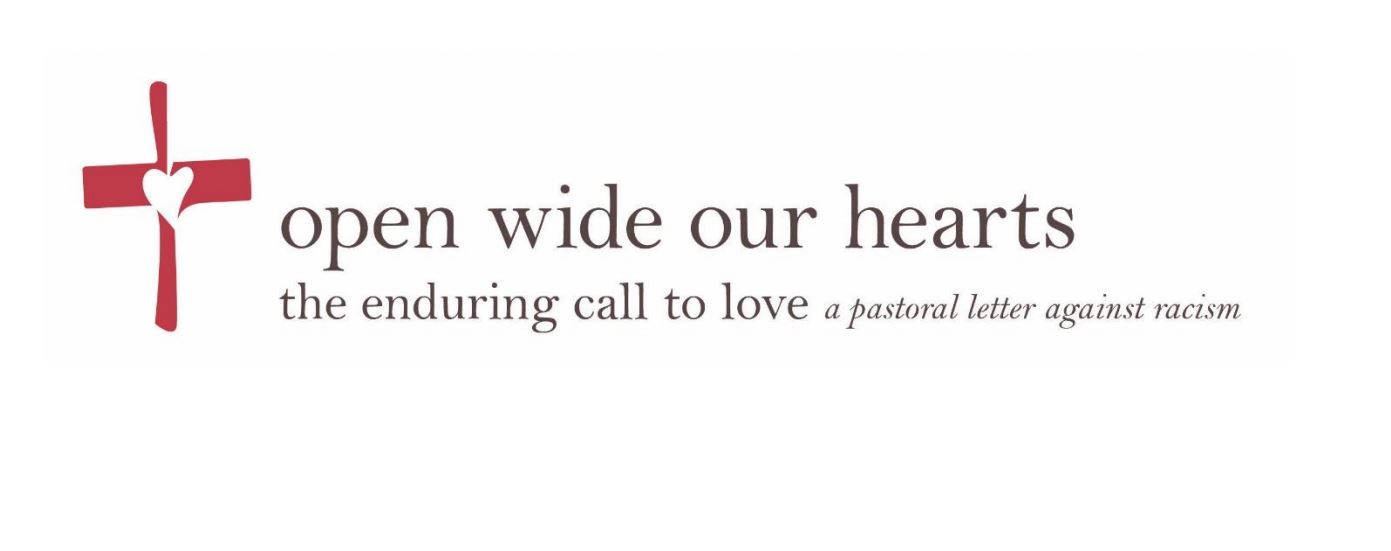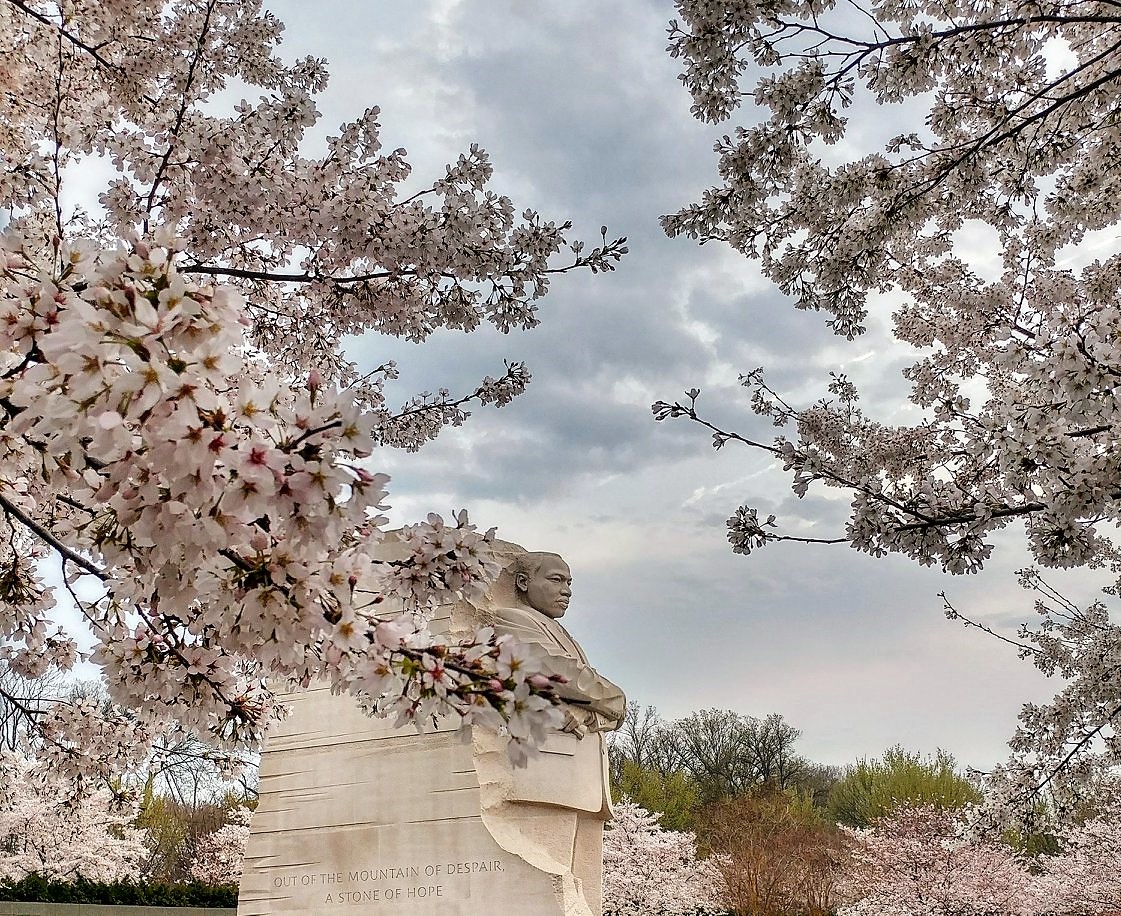Open Wide Our Hearts — What I Wish the Bishops Would Have Said
share
By Sister Karen M. Donahue
Given the racial climate in the United States today, like many, I was happy to hear that the United States Conference of Catholic Bishops approved a new pastoral letter on racism, Open Wide Our Hearts, at their November 2018 meeting in Baltimore. The bishops have made statements before (Discrimination and Christian Conscience, 1958, and Brothers and Sisters to Us, 1979), but these teachings never seemed to find their way to the people in the pews. Will it be different this time?

My biggest disappointment with Open Wide Our Hearts is that white privilege is never even mentioned, much less discussed. Through my experience as a member of the Sisters of Mercy Anti-Racism Transformation Team (IARTT), which was initiated to create an anti-racist identity within the Institute, I have learned that racism is about privileging one group at the expense of others. While the bishops discuss at length the oppression experienced by Native Americans, African Americans and Hispanic Americans, I think it would have been more helpful and challenging if they had reflected on how racism favors people of white and makes the white experience the norm.
To their credit, the bishops do acknowledge that the Church has aided and abetted racism over the centuries. However, the Doctrine of Discovery deserves much more attention than the brief mention it receives in Open Wide Our Hearts. I suspect that most white Catholics have never heard of the Doctrine of Discovery (1493)—a series of papal bulls that legitimated the confiscation of lands in areas of the world beyond Europe and the enslavement of indigenous peoples at the hands of Portuguese and Spanish explorers. In a real sense, it baptized the so-called Age of Discovery. Why didn’t I learn about this at some point in my 16 years of Catholic education? Does the current curriculum in our schools include an honest discussion and expanded understanding of the history of colonialism and the role of the Church in this process, whose destructive impact continues to reverberate to the present day?
The bishops admit that complicity in the sin of racism continues when Church leaders fail to speak out against racial violence and injustice. At a time when racist speech and behavior are modeled and condoned at the highest levels of our government; when white supremacist groups are emboldened to abandon their robes and hoods and march through our cities; and when states enact measures to disenfranchise voters of color, the prophetic voice of the Church is needed more than ever. But it must speak in explicit terms, not vague generalities.

In preparation for today’s remembrance of the life, mission and intentions of Dr. Martin Luther King, Jr., I reread Dr. King’s Letter from a Birmingham Jail, written in April 1963. It was his challenge to the members of white churches who were upset by the demonstrations taking place in Birmingham. The urgency and passion of the letter stand in stark contrast to the pedestrian tone of Open Wide Our Hearts.
Almost 56 years have passed since Dr. King penned that letter in Birmingham. His words continue to resonate:
I suppose I should have realized that few members of the oppressor class can understand the deep groans and passionate yearnings of the oppressed race, and still fewer have the vision to see that injustice must be rooted out by strong, persistent and determined action.